For mayors of mountain towns and cities, municipal budgets, local schools and the nitty-gritty of day-to-day management take up much of their time. But for some of them, that doesn’t mean they shy away from broader national and global topics like climate change, smart growth, affordable housing, LGBTQ rights and immigration policy. Not only do they speak out, but they’re often leading the way on these issues. We set out to find some of the coolest, most interesting mountain-town mayors working to shake things up on their home turf.
Jackie Biskupski
Salt Lake City, Utah
Population: 193,700
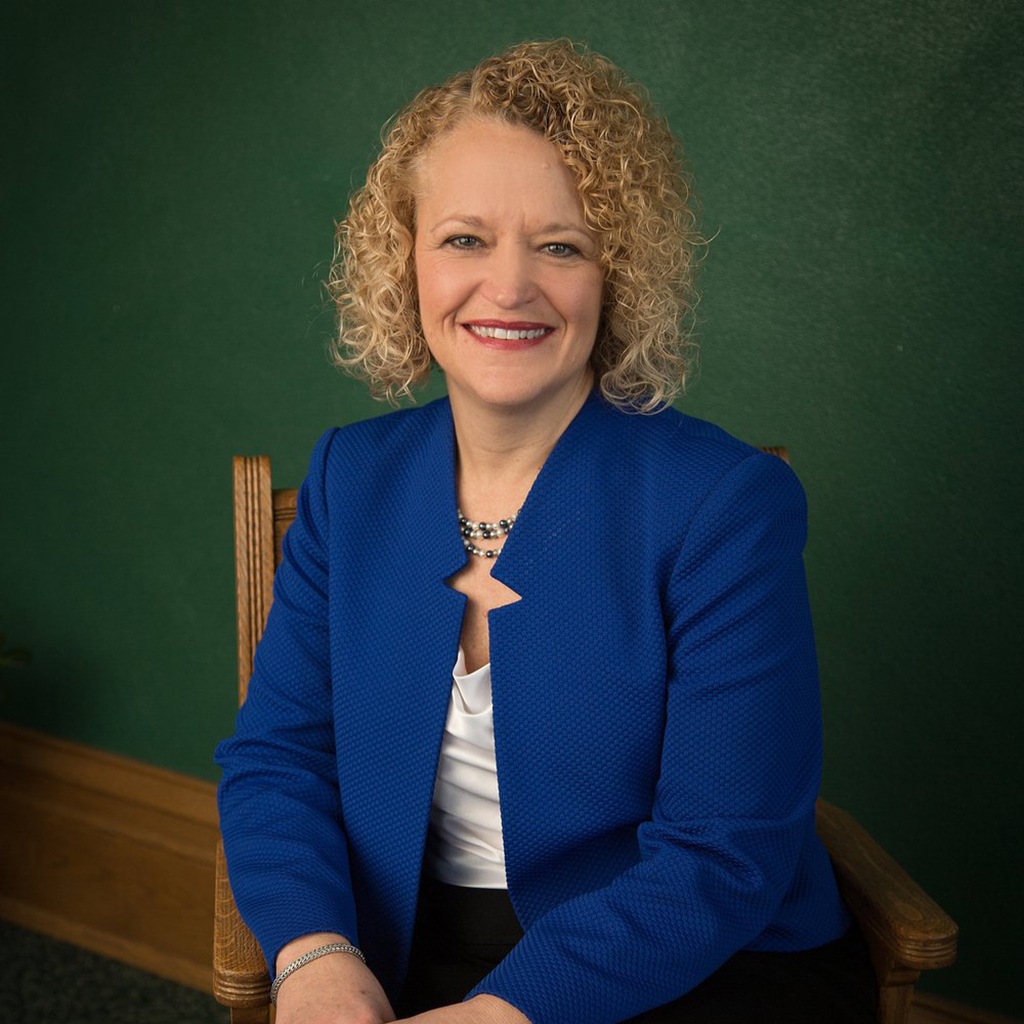
Jackie Biskupski came to Utah for a ski trip and never left. Now she’s the mayor. Photo courtesy of Salt Lake City’s Mayor’s Office.
Twenty-five years ago, Jackie Biskupski, who originally hails from Minnesota, visited Utah on a ski trip and decided this was where she wanted to call home. She was a recent graduate of Arizona State University with a criminal justice degree when she first moved to Salt Lake City. After working first as a private investigator and later for the insurance industry, Biskupski was elected to the state legislature in 1999 before becoming the city’s first openly gay mayor in 2015.
Her time in office hasn’t been easy: The Outdoor Retailer Show moved to Denver as a result of longstanding disagreements between the industry and many of Utah’s elected officials over federal lands in the state. These disagreements came to a head in early 2017 after moves by the Utah congressional delegation and the state legislature to pare back federal protections. But Biskupski has energetically pursued a progressive agenda: advocating for the construction of new homeless shelters, calling for the public release of police body-camera footage and working to combat the city’s notorious smog problem. Her stated climate goals: 100 percent renewable energy by 2032 and an 80 percent reduction of carbon emissions by 2040. She’s been a vocal critic of the federal government’s decision to decrease acreage of Bears Ears and Grand Staircase-Escalante National Monuments.
“Our capital city is the gateway to the majestic national parks and monuments that make Southern Utah a worldwide tourist destination,” Biskupski said. “These lands are powerful economic drivers for our city, with thousands of visitors launching their adventures to these iconic landscapes from Salt Lake City.”
P.T. Wood
Salida, Colorado
Population: 5,500
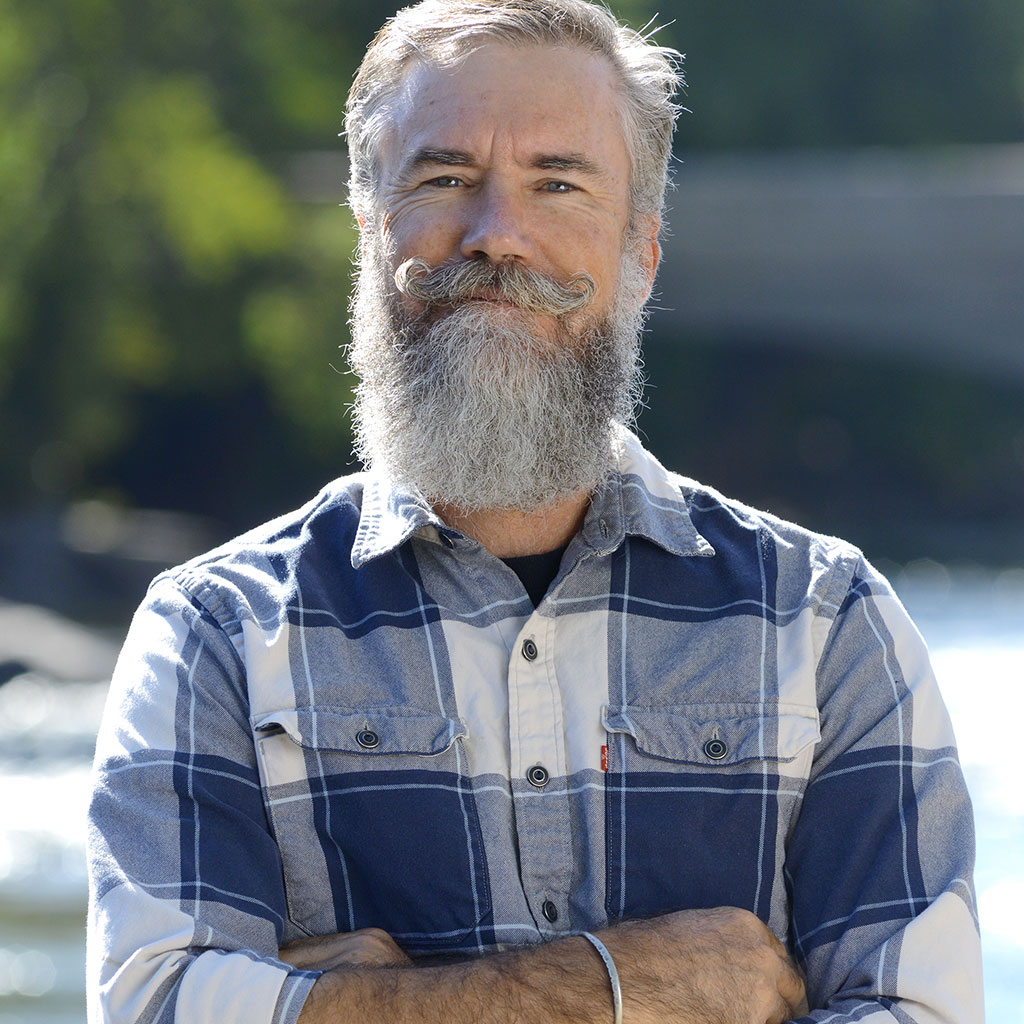
P.T. Wood, mayor of Salida, Colorado. (Photo courtesy of P.T. Wood)
“Not only do we have a role to play in global issues, it’s a critical role,” said P.T. Wood, mayor of Salida, Colorado. “Mayors are very much the local voice of our towns, and it’s incredibly important for us to be part of the conversation on broader issues.”
Like many mountain-town mayors, Wood not only enjoys the outdoors year-round but has made a living in it. The Boulder native and avid skier is a wintertime regular at local Monarch Mountain and the surrounding backcountry. In the spring and summer, he paddles the Arkansas River, where he worked for years as a river guide. In 2012, he opened Wood’s High Mountain Distillery, which makes small-batch malt whiskey and gin, and after a decade of work on Salida’s planning and zoning board, he decided to run for mayor. He felt strongly about issues—economic diversification, affordable housing and others—and nobody else was stepping up to the plate. He was elected last November.
“In any town people want to be in, housing is an issue. We have about 80 percent public land and we’re at the throat of the valley, so we don’t have a ton of land to put houses on,” Wood said. “But climate change is also a huge deal for us. Tourism is a big part of our economy—skiing in the winter, the river in the summer—but beyond that it goes to the safety of our drinking water and food and actually being able to survive up here.”
Anne Watson
Montpelier, Vermont
Population: 7,500
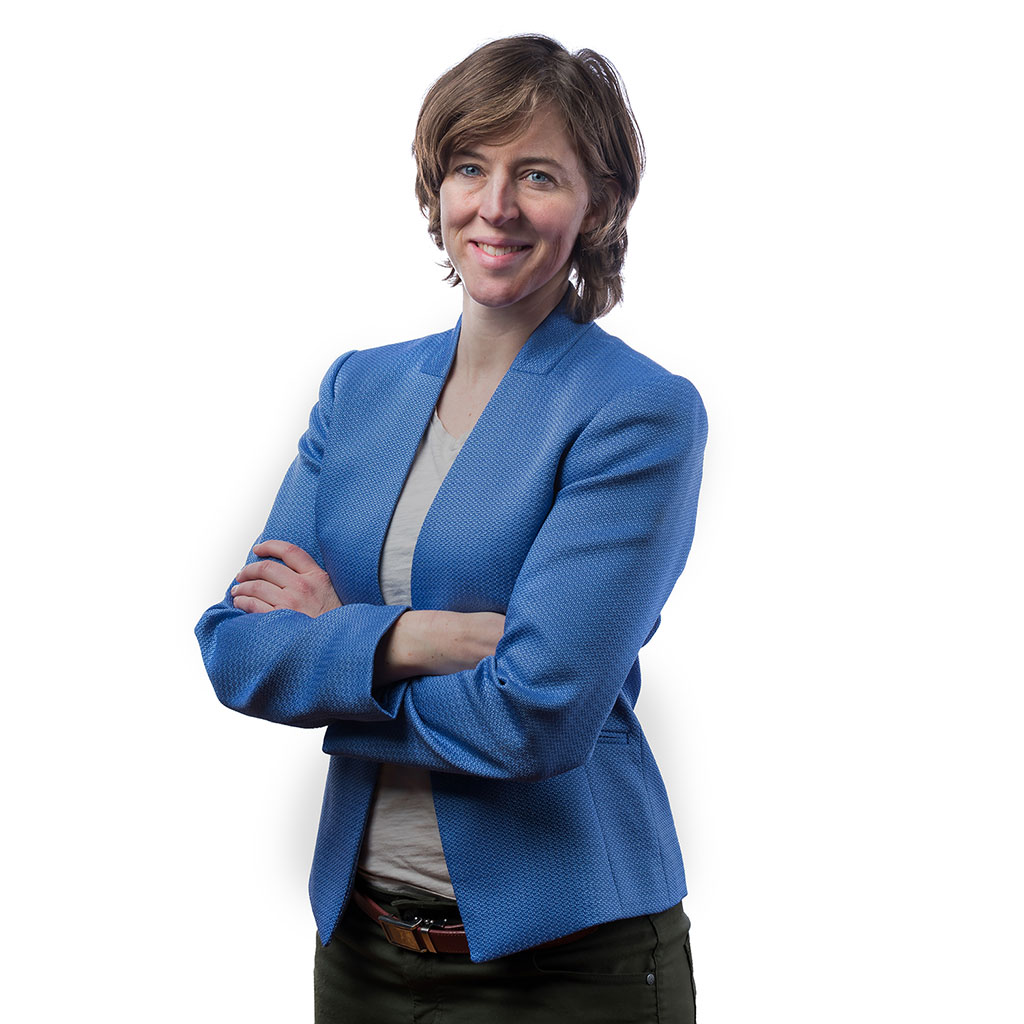
Anne Watson, ultimate Frisbee coach and mayor of Vermont’s state capital. (Photo courtesy of Anne Watson)
In March 2018, voters elected Anne Watson as mayor of Montpelier, Vermont, the state capital. Watson, a Vermont native and physics teacher at the local high school, counts sledding, snowboarding and snowshoeing among her past and present outdoor pursuits. But her real passion is Ultimate Frisbee. She’s coached the high school boys team to two state championships.
As a city councilor and now mayor, Watson championed efforts to make Montpelier carbon neutral by the year 2030. A one-megawatt solar installation she supported already helps to power the city. Efforts are underway to quantify the city’s overall energy use in order to establish a baseline. Watson is also enthusiastic about ongoing improvements to her town’s mass transit system. She points to expanded bike trails and easy access to Montpelier’s Winooski River waterfront as important parts of making Vermont’s capital a cool place to live.
“Montpelier is a place where we have twice as many jobs as residents, and that’s not even adjusting for job-age residents,” she said. “Many more people commute here to work than live here, and if we can make it more affordable and accessible for people to live here, it’ll help reduce carbon emissions. If we can enhance recreational options so they don’t have to drive far to get to them, that will also help.”
Neil Bradshaw
Ketchum, Idaho
Population: 2,750
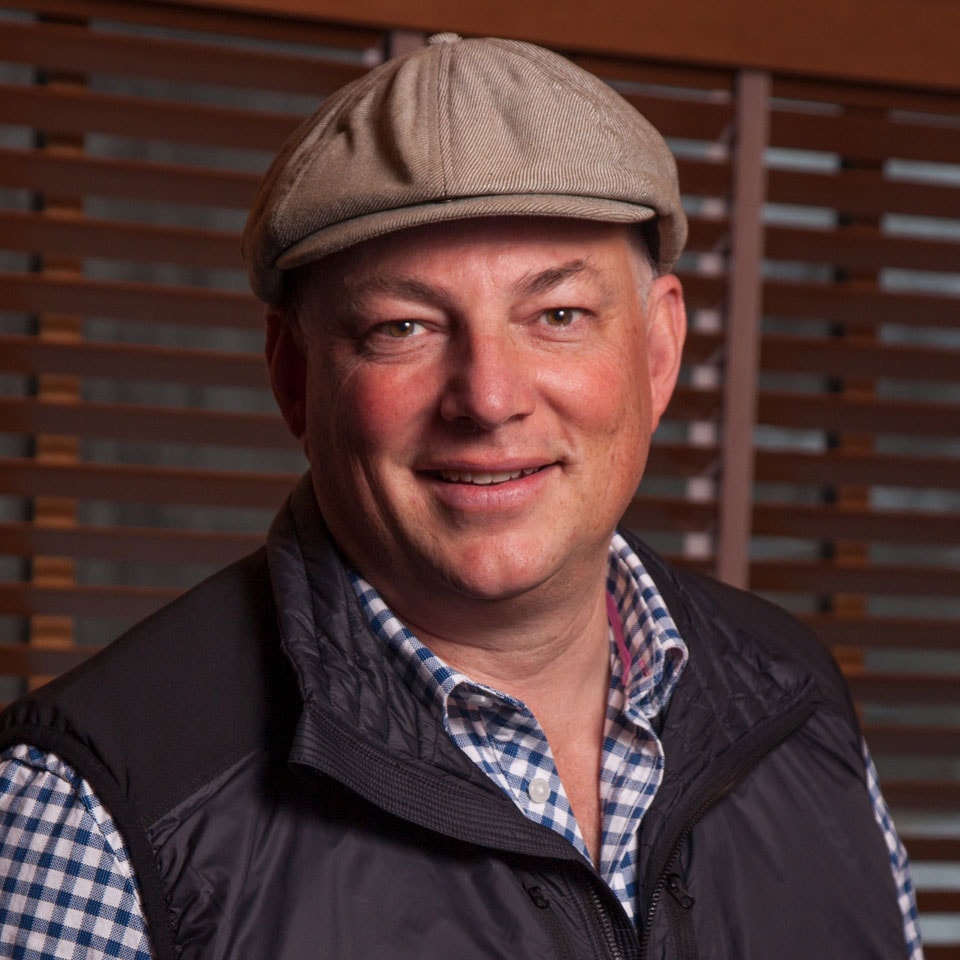
Former co-owner of a water bottle company, Neil Bradshaw is now mayor of Ketchum, Idaho. (Photo courtesy of Neil Bradshaw)
Neil Bradshaw grew up in Zimbabwe, worked in Europe for years and moved to the town of Ketchum, Idaho, in 2005, for a slower-paced life. Before he was elected mayor in 2017, he had a long career in business development and finance internationally. At home in Idaho, he’s led a nonprofit that helps mentor young entrepreneurs in the valley, advised local business owners on exit strategies and he’s currently hard at work developing more affordable housing in town.
“Our vision for Ketchum is for a town that is vibrant, connected, sustainable and safe,” Bradshaw said. “By connecting as a community we can build empathy and understanding as well as find solutions for our local challenges. We’re working on building a diversity of affordable, workforce and entry-level housing options that will allow families, teachers and firefighters to call Ketchum home. This is a key initiative since year-round residents improve our town’s economic health, vibrancy as well as provide a workforce for our local businesses.”
An avid backcountry skier and hiker, Bradshaw co-founded the outdoor water bottle company Avex, which sold at REI stores for years, and he sits on the board of the Juniper Fund, an organization that supports mountain workers and their families on the high peaks of Nepal.
Steve Skadron
Aspen, Colorado
Population: 6,800
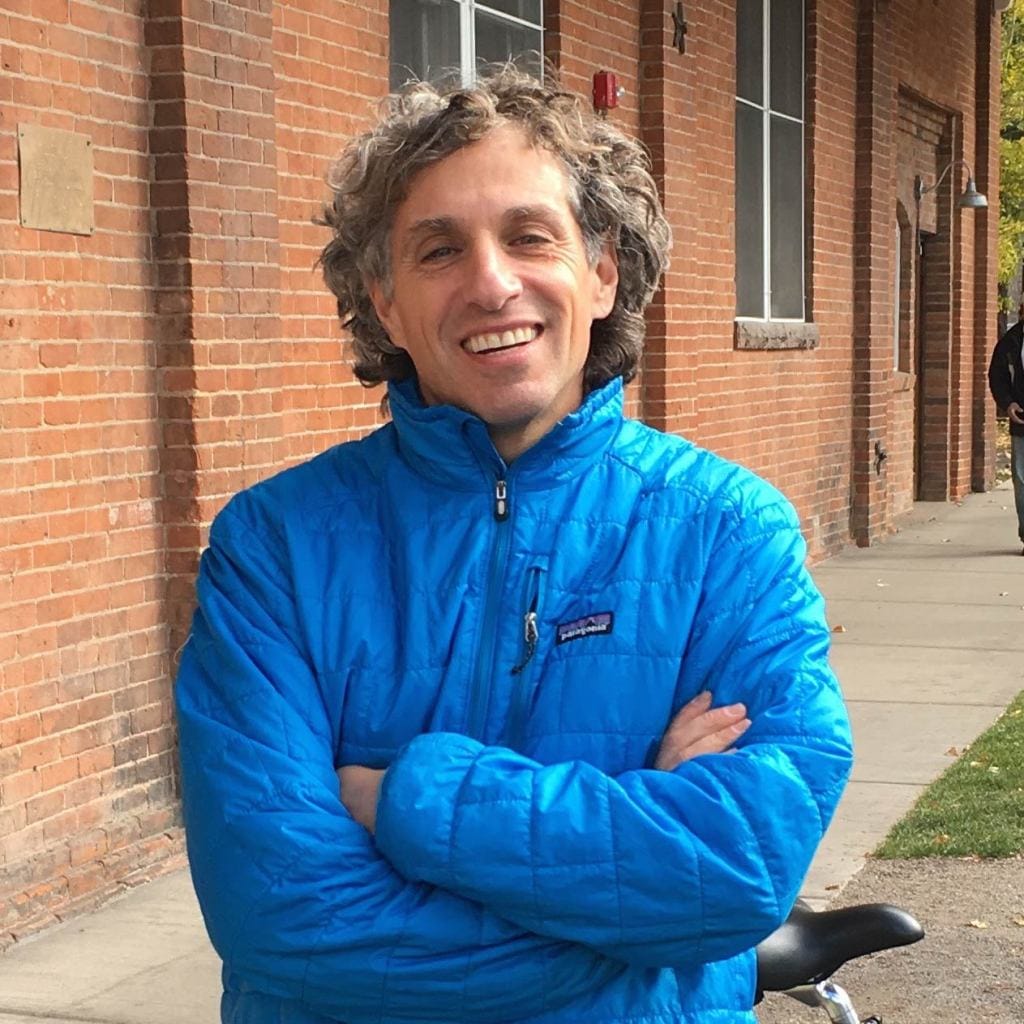
Meet the mayor of Aspen, Steve Skadron, a backcountry skier and uphill enthusiast. (Photo courtesy of Steve Skadron)
Aspen, Colorado, has long been known for progressive activism—witness the Freak Power elections of 1969-70, made famous by Hunter S. Thompson, and the early adoption of LGBTQ-friendly town ordinances shortly thereafter. Today, mayor Steve Skadron has three times won re-election on policies of climate preparedness, clean energy and smart growth.
With regard to the latter, Skadron is big on making Aspen’s downtown even more pedestrian-friendly than it already is, and he supports a plan to expand the downtown’s automobile-free zone. “We dedicate so much time and prime real estate to asphalt for the purpose of cars and automobiles,” he told The Aspen Times. “I think we can think differently about this.”
Like many Aspenites, Skadron came to the Roaring Fork Valley for the skiing two decades ago and never left. An avid backcountry enthusiast, he has actively lobbied backcountry ski businesses to make Aspen their U.S. headquarters and he’s helped promote Aspen’s uphill ski culture. He walks the walk, too: Mayor Skadron has competed in the famous Grand Traverse ski-mo race—a 40-mile dead-of-night dash over the Elk Mountains from Crested Butte to Aspen.


